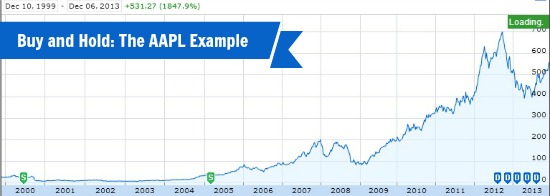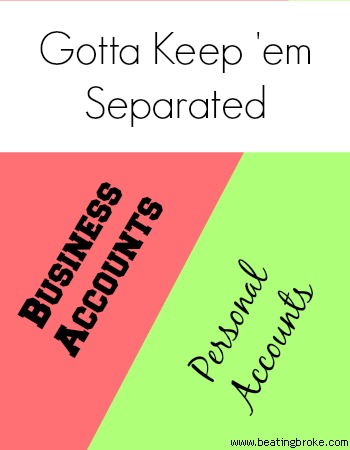ChristianPF posted a very thought provoking article a while back. In it, he talks about how spending money wisely is a life skill. The choices that we make in spending our money are the root of how we live our lives and can bleed through into the businesses that we run or work for. Basically, the way that you spend money is a very important.
I think I would take it one further. Not only is the way that you spend your money a very important skill, but, as the title of this article states, the entirety of your personal finance management is a life skill.
Schools all around the world concern themselves with teaching children life skills. Skills like writing. Reading. Wood Working. Mathematics. Science. And even Cooking (0ne of my favorites). Perhaps personal finance isn’t as important as things like mathematics, writing and reading (the three Rs), but I would argue that it’s just as important (or more so) than the rest. I would argue that personal finance is a life skill.
Improper management of your personal finances can lead to some pretty dire circumstances in your life. You can find yourself falling into a trap of revolving debt and upside-down mortgages. Too easily, you can find yourself making the choice between ramen and gas to go to work. And yet, people continue to put personal finances aside as something that isn’t all that important.
Over the last decade, I’ve spent my time learning many of the tenets of personal finance management. Even with the knowledge I had gained, it was a very difficult trip to take. I started as close to the bottom as I cared to get. I’m still a long ways from the top, but I’m getting there. And most of that is owed to learning to manage personal finances properly.
Take the time today to learn something about taking care of your finances. Teach it to your children. Teach it to your friends. If we all learn a little bit more each day, week, and month, we can turn our situations around and help more people. The more people we help with this, the less likely that our economy will ever find itself in this situation again.

Shane Ede is a business teacher and personal finance blogger. He holds dual Bachelors degrees in education and computer sciences, as well as a Masters Degree in educational technology. Shane is passionate about personal finance, literacy and helping others master their money. When he isn’t enjoying live music, Shane likes spending time with family, barbeque and meteorology.


